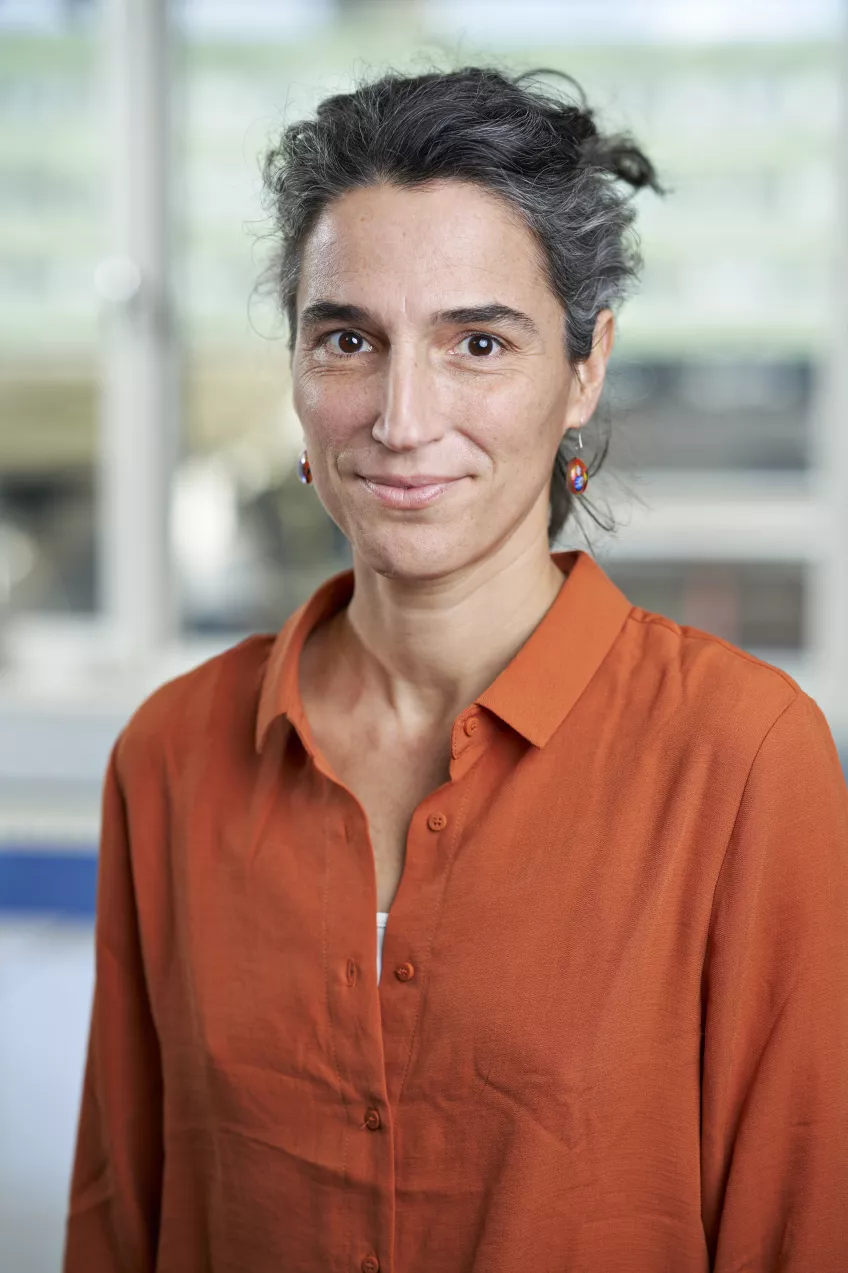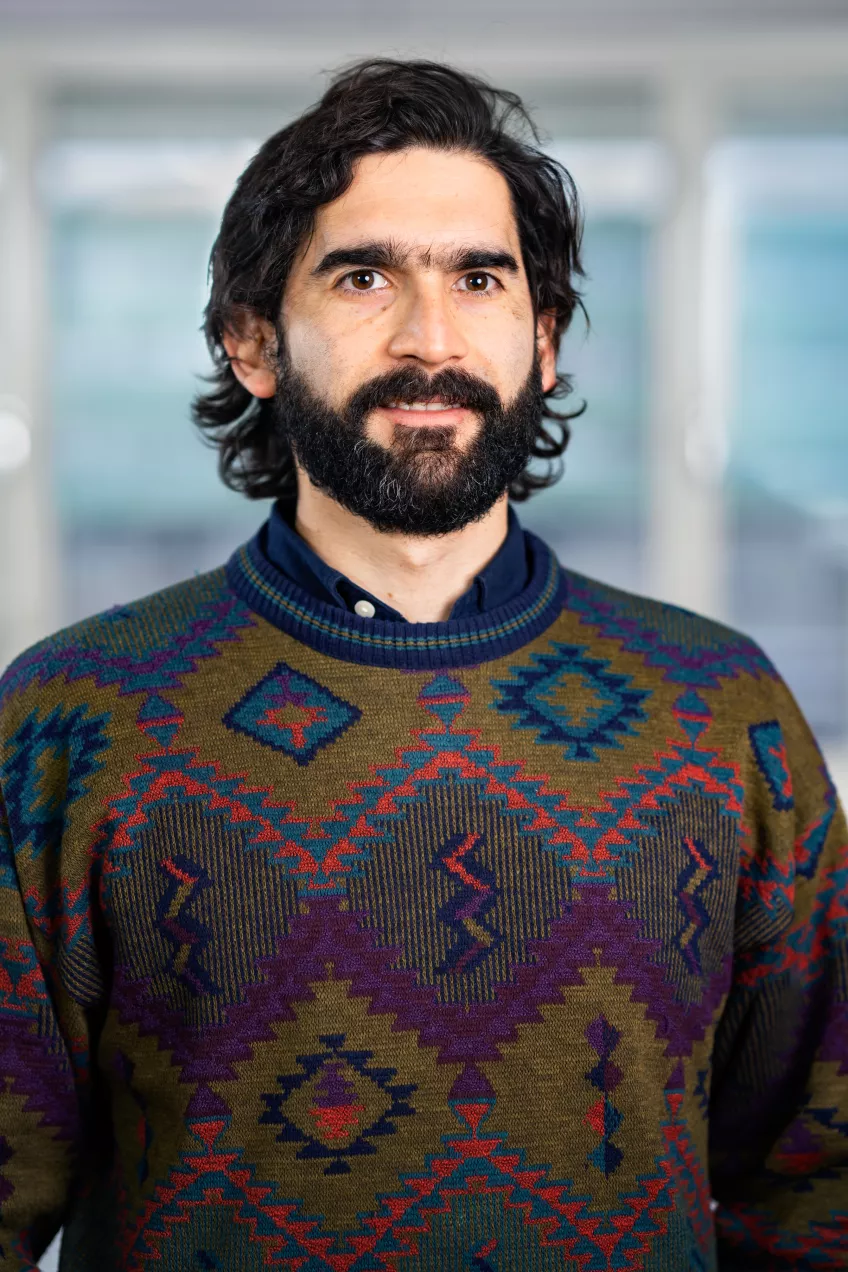Community Currencies
Grassroots financial innovations for inclusive economic growth
Community currencies, in common with other grassroots innovations, are founded on the notion that marginalized people hold the key to their own solutions. These initiatives focus on mobilizing local resources and designing governance structures that empower communities. In this approach, communities act as the driving force rather than simply being the target beneficiaries. The research on community currencies explores these grassroots financial mechanisms with the goal of fostering inclusive economic growth. By empowering marginalized communities, this research programme examines how local resources can be leveraged and governance structures crafted to strengthen community agency and autonomy. This field intersects finance, social innovation, and economic development, aiming to illuminate how alternative currencies can contribute to a more equitable economy.
The current research projects under this research programme are featured below.
Grassroots Financial Innovations for Inclusive Economic Growth (GFIIEG)
The GFIIEG project investigates the governance practices, impacts and diffusion of grassroots innovations, which are developing financial and monetary infrastructures for inclusive economic growth in urban informal settlements in African countries. It is informed by the case of community currencies in the informal settlements of Kenya’s three major cities (Mombasa, Nairobi and Kisumu).
Running throughout four years (2019-2023), the project uses a mix of quantitative and qualitative methods, all within a participatory action research approach. The project brings together monetary and grassroots innovation studies in interdisciplinary research, contributing to the development and diffusion of financial and monetary infrastructures for urban informal settlements, and indicating a novel route for social enterprise and development aid.
The research project is led by Ester Barinaga (CBS & Lund University) and builds on collaborations with resident associations and community-based organisations in three informal settlements in Kisumu, the Kisumu County Council as well as Jaramogi University (JOOUST, Kenya), Copenhagen Business School (CBS, Denmark), Lund University and University of Gothenburg (Sweden). The research collaboration is funded by The Danish Ministry of Foreign Affairs.
Publications, reports and teaching cases coming from the project can be found in the project’s website.
Special-purpose money: Complementary digital currencies and the sustainable development goals
The research project investigates the foundation of special-purpose digital currencies (SPDC) and the extent to which their infrastructure enables the creation of a complementary socio-economic system that captures and transacts value realms other than those recognised by general purpose money (GPM). Building on a systematic review of the literature on local complementary economy initiatives as well as on empirical research of international case studies, the project aims to identify the factors (e.g. governance and management), the stakeholders (e.g. communities, local authorities) and the monetary design traits (e.g. currency convertibility, currency value base) required for the development of a SPDC that would encourage sustainable production and consumption. By applying a humanities approach to the investigation of general-purpose money as an artefact generating unsustainable practices, the project will shed light on how the design of a digital special-purpose currency may promote more sustainable practices. The project runs from 2020-2024.
The research collaboration is led by Alexander Paulsson (Lund University) and includes research institutions from five countries – Lund University in Sweden, Getulio Vargas Foundation and Sao Paulo Business School in Brazil, HEC Montréal Business School in Canada, Brunel University London in the UK, and Maastricht University in The Netherlands – and involves setting up Living Labs in Brazil, Sweden, and the UK. The research collaboration is funded by Formas, the Swedish Research Council for Sustainable Development.
Local Currency in Malmö: A social innovation for a more inclusive labour market (Lokal Valuta: En idéburen Innovation för Inkludering och Arbetsintegration)
The project aims to contribute to a more inclusive Malmö by developing and implementing a local currency designed to that purpose. The project starts from two premises. One, broad inter-sectoral collaborations are needed if we are to strengthen inclusion and integration in the labor market; two, for civil society to lead the way, tools to facilitate inter-sectoral collaborations need to be innovative, scalable and sustainable.
In collaboration with business, civil society, the public sector, academia and citizens, the project will design and test a local currency in Malmö, with the aim to contributing to a more inclusive and sustainable city.
The action-oriented project is led by IKF (Internationella Kvinnoförening – The International Women’s Association) in partnership with Altitude Meetings, the City of Malmö (Näringslivskontoret) and SKJCE (Ester Barinaga). It is funded by Vinnova, the Swedish Innovation Agency, and runs from November 2021 to November 2023.
Research Team
Ester Barinaga, Sten K. Johnson Centre for Entrepreneurship
Juan Ocampo, Sten K. Johnson Centre for Entrepreneurship
Paola Raffaelli, IQS School of Management, Universitat Ramon Llull
Michael Oloko, Jaramogi Oginga Odinga University of Science and Technology (JOOUST)
Charles Ondoro, JOOUST & Maseno University
María José Zapata Campos, University of Gothenburg
Contact
Ester Barinaga
Professor
ester [dot] barinaga [at] fek [dot] lu [dot] se (ester[dot]barinaga[at]fek[dot]lu[dot]se)
Room: Alfa 1, vån 1, rum 1065
Contact
Juan Ocampo
Doctoral student
juan [dot] ocampo [at] fek [dot] lu [dot] se (juan[dot]ocampo[at]fek[dot]lu[dot]se)

